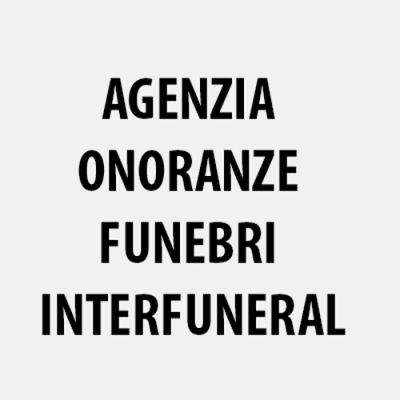Funerals and Religious Ceremonies
Jewish Funeral
Interfuneral is an agency specialising in funeral services and offers assistance with the planning and organisation of funerals.
Here are some of the services that Interfuneral might offer for a Jewish funeral:
Consultation and planning
Interfuneral can provide personalised consultation to the family of the deceased, helping them to plan and customise the funeral service according to their needs and preferences, including the selection of specific elements for the ceremony.
Organisation of the ceremony
Interfuneral takes care of the practical organisation of the ceremony, ensuring that all necessary elements are in place for the service.
A Jewish funeral with a religious ceremony follows a series of specific practices and rituals from the Jewish tradition.
Overview of a Jewish funeral with religious ceremony
Tahara (Purification of the boby)
Before the funeral, the body of the deceased is washed and purified by specialised members of the Jewish community known as the "chevra kadisha."
During this purification, the body is washed and dressed in simple clothing.
Vigil (Shemira)
After the purification, the body of the deceased is guarded by members of the Jewish community until the time of the funeral.
This act of respect and accompaniment is known as "shemira."
Tahara of the soul (Purification of the soul)
During the vigil and the funeral, prayers are said for the soul of the deceased, asking God to receive them with love and mercy.
Funeral service (Levaya)
The Jewish funeral, known as "levaya," is typically held as soon as possible after the death. During the service, psalms and prayers are recited, and passages from the Hebrew Scriptures are read.
The rabbi or a member of the community may give a eulogy reflecting on the life of the deceased.
Immediate burial
It is a Jewish practice to bury the deceased as soon as possible, ideally within 24 hours of death.
The coffin is taken to the cemetery, where it is buried in the ground without a lining.
Shiva (Mourning period)
After the funeral, the family observes a seven-day mourning period called "shiva."
During this time, friends and relatives may visit the mourners' home to offer comfort and support.
Kaddish
During the mourning period and for the year following the death, the family recites the Kaddish, an Aramaic prayer that praises God and asks for peace for the soul of the deceased.
Ritual of consolation (Shloshim)
After shiva, the family continues the mourning period for a total of thirty days, known as "shloshim," during which they continue to observe certain mourning practices.
These are just some of the elements that characterise a Jewish funeral with a religious ceremony.
Practices may vary slightly depending on the specific Jewish community and family traditions.
However, the main goal remains to honour the deceased according to Jewish traditions and to offer spiritual comfort to the family and friends.
In general, Interfuneral is committed to providing a comprehensive and respectful service that meets the needs and beliefs of the deceased’s family, ensuring that the funeral is conducted with dignity and devotion.


















